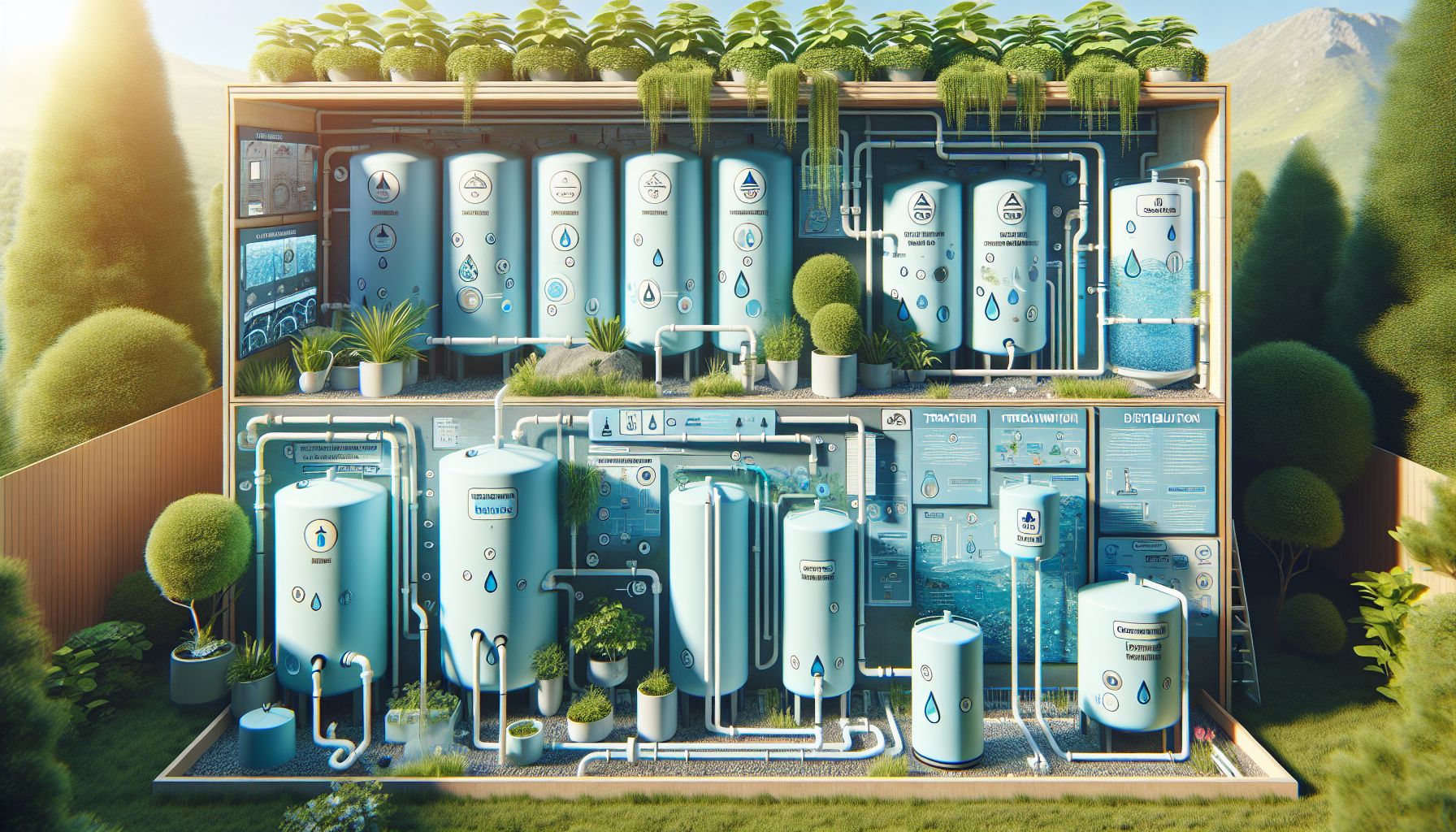In the face of increasing water scarcity and the growing need for sustainable water management practices, greywater recycling systems have emerged as a viable solution for conserving this precious resource. Greywater, which is wastewater generated from activities such as laundry, dishwashing, and bathing, can be treated and reused for non-potable purposes, reducing the strain on freshwater sources and minimizing the impact on the environment.
Why Greywater Recycling?
Greywater recycling offers numerous benefits for both homeowners and the environment. By reusing greywater for irrigation, toilet flushing, and other non-drinking purposes, households can significantly reduce their water usage and lower their water bills. In addition, greywater recycling helps to alleviate the burden on municipal water treatment facilities and reduce the energy required to pump and treat freshwater.
According to the EPA (Environmental Protection Agency), a typical household can reduce its water usage by as much as 40% by implementing a greywater recycling system. This not only conserves water but also helps to protect local ecosystems by reducing the amount of wastewater discharged into rivers and streams.
Types of Greywater Recycling Systems
There are several different types of greywater recycling systems available for residential use, ranging from simple DIY setups to more sophisticated, professionally installed systems. Some common approaches to greywater recycling include:
-
Diversion Systems: These systems collect greywater from specific sources, such as showers or sinks, and divert it to an exterior tank for immediate use in irrigation. Diversion systems are relatively easy to install and can be a cost-effective option for homeowners looking to reduce their water usage.
-
Treatment Systems: Treatment systems filter and disinfect greywater to make it suitable for a wider range of uses, such as toilet flushing or laundry. These systems typically include filters, pumps, and disinfection units to ensure that the recycled water meets safety standards.
-
Integrated Systems: Integrated greywater recycling systems are designed to collect, treat, and store greywater for various household applications. These systems are more complex and may require professional installation, but they offer the most flexibility in terms of water reuse options.
Environmental Impact of Greywater Recycling
In addition to the water-saving benefits, greywater recycling also has positive environmental impacts. By diverting greywater away from sewer systems and treatment plants, the volume of wastewater entering streams and rivers is reduced, which helps protect aquatic ecosystems from pollution. Furthermore, using recycled greywater for irrigation can improve soil fertility and reduce the need for synthetic fertilizers, promoting healthier plant growth and biodiversity.
According to a study by the Water Research Foundation, widespread adoption of greywater recycling systems in residential buildings could lead to significant reductions in freshwater withdrawals and wastewater discharges, contributing to overall water sustainability and resilience in the face of climate change.
Conclusion
As water scarcity continues to be a pressing issue worldwide, greywater recycling systems offer a practical and sustainable solution for conserving this vital resource. By reusing greywater for non-potable purposes, homeowners can reduce their water footprint, lower their utility bills, and help protect the environment. Implementing a greywater recycling system is a tangible way for individuals to contribute to water conservation efforts and create a more sustainable future for generations to come.
